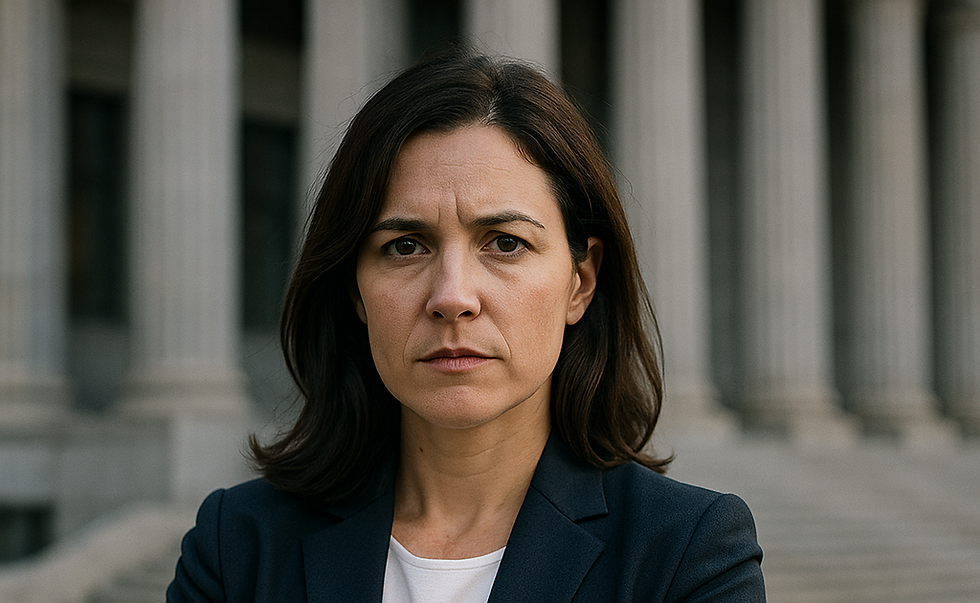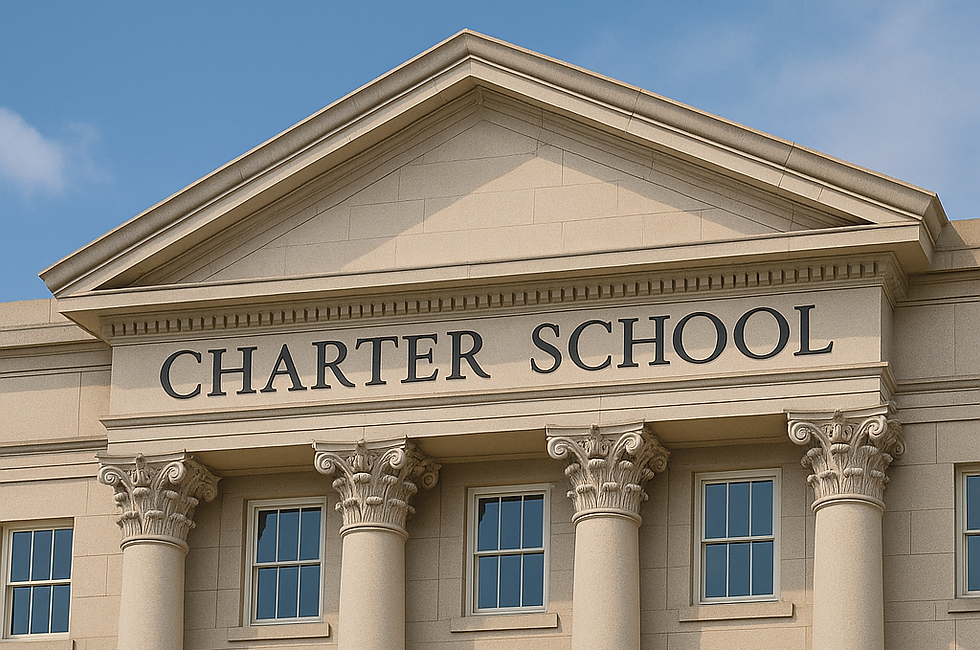Education Disputes in Custody Cases: Who Decides?
- Justin Naughton
- Jun 19
- 3 min read
Updated: Jun 23
Congruence Law, P.C. Helps Parents Resolve School Conflicts in Shared Custody Arrangements
When parents share custody, disagreements about school decisions—such as IEP services, school choice, discipline, or medical care at school—can quickly escalate into legal conflict. While schools often try to avoid getting involved, they have a duty to follow the law, respect custody orders, and ensure both parents’ rights are protected.
At Congruence Law, P.C., we represent parents navigating educational disputes arising from divorce, shared custody, or guardianship arrangements. Whether you’re seeking to enforce your role, prevent unilateral action, or protect your child’s best interests, we’re here to help.
Educational Decision-Making and Legal Custody
In most states, the right to make major decisions about a child’s education rests with the parent who holds legal custody:
Sole Legal Custody: One parent has the exclusive right to make school-related decisions
Joint Legal Custody: Both parents must agree on major educational decisions (unless specified otherwise)
Physical custody (where the child lives) may influence school enrollment, but does not control educational authority.
Common Disputes We See
➤ One parent enrolling a child in a new school without the other’s consent
➤ Unilateral IEP or 504 Plan decisions made without involving both parents
➤ Disagreements over evaluations, services, or behavioral placements
➤ Withholding records or notices from a noncustodial parent
➤ Inconsistent consent for school-based medical or mental health services
➤ Relocation or change of residence disrupting education stability
These conflicts are especially common when children have disabilities or complex educational needs—and often require fast legal action.
Schools’ Legal Obligations
Under FERPA and state laws, schools must:
Provide access to records for both parents unless a court order says otherwise
Recognize custody orders and parenting plans
Ensure both legal custodians are included in IEP or 504 decisions
Avoid taking sides or relying on informal claims without documentation
Honor stay-put protections under IDEA if a dispute affects a special education student’s placement
What We Do at Congruence Law, P.C.
We help parents protect their educational rights and resolve custody-related school disputes without unnecessary escalation. Our services include:
Reviewing custody orders and advising on legal authority over school decisions
Challenging unilateral IEP or school enrollment decisions
Demanding inclusion in school meetings, notices, and communications
Filing FERPA or due process complaints when schools withhold access
Negotiating education decision-making terms in custody agreements
Filing motions in family court if necessary to enforce or modify orders
We also advise on emergency situations where one parent’s decisions are harming the child’s education or safety.
What Schools Say—and Why It’s Often Wrong
“We need to follow the parent who registered the child.”→ Schools must follow court orders, not convenience. Both legal custodians have equal rights unless otherwise specified.
“We can’t give you access—you’re not the custodial parent.”→ Custody and legal decision-making are distinct. Noncustodial parents still have FERPA access unless restricted by law.
“That’s a family law issue—we stay out of it.”→ Schools must act when custody orders are ignored or student rights are at risk.
“We didn’t know there was a conflict.”→ Once put on notice, schools must take affirmative steps to comply with the law and resolve disputes appropriately.
Pitfalls to Avoid
Failing to provide the school with custody documentation. Schools can’t follow what they haven’t seen.
Letting the other parent act unilaterally. Silence may be treated as consent—speak up early.
Using the school as a battleground. We help focus on solutions that protect the child’s education.
Waiting for court orders before acting. You may have rights to assert immediately under federal law.
Why Choose Congruence Law, P.C.
We believe every parent with legal authority deserves a voice in their child’s education. We help resolve conflict with clarity—so schools follow the law, and children receive consistent, stable, and lawful support.
If you’re dealing with school-related conflicts tied to custody or parental rights, contact us today:
education@congruencelaw.com or at 202-630-8141
Let us help you navigate the intersection of family law and education—because your role matters, and so does your child’s future.



Comments